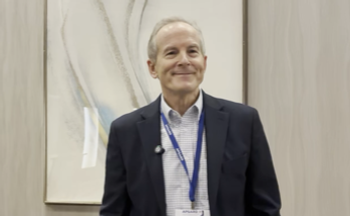
4 Components of Positive Aging
We need to celebrate the strengths that only aging can confer.
MENTAL HEALTH MINUTE
The COVID-19 pandemic has hit particularly hard on older individuals, who are more susceptible to serious illness as a result of underlying comorbid conditions. We see a similar phenomenon in many natural disasters, in which age is often a liability in terms of physical injury and death. Not surprising, we end up defining aging in terms of decline, disease and death, and viewing older individuals solely as potential victims. This attitude limits the way in which we can communicate with and learn from the elders in our lives—and it leads us, in turn, to denigrate our own aging selves.
Here is a counterpoint to this approach: aging brings key strengths that enable us to make better decisions, cope better, and even thrive during adversity:
1. Wisdom
2. Resilience
3. Purpose
4. Creativity
Wisdom is one key strength, based upon not only all of the skills, experiences and knowledge that we accumulate with age, but also on ways in which our brains and minds draw upon and integrate different parts and perspectives better.
Research tells us that aging minds are more positive, practical and less emotionally reactive and impulsive. This wisdom make us more psychologically resilient as we age, enabling us to cope better with adversity. We can couple these strengths with a sense of purpose that often grows and deepens with age, conferring all sorts of benefits including improved wellness, fewer cardiovascular events, and even longer lives.
Another emergent strength is creativity, enabling us to express ourselves through art, relationships, volunteer work and other endeavors that can transcend the many physical and cognitive changes that may otherwise bog us down with age. Put together, the clear lesson here is to learn from and be inspired and guided by both aging and the elders around us. We need to celebrate the strengths that only aging can confer.
Dr Agronin is a geriatric psychiatrist and senior vice president for Behavioral Health and the chief medical officer for MIND Institute at Miami Jewish Health. His discussed these issues during his “The Top Dos and Don’ts in the Psychopharmacologic Treatment of Geriatric Patients: Focus on Dementia and Late-Life Depression and Anxiety” presentation at Virtual Psych Congress 2020.
Newsletter
Receive trusted psychiatric news, expert analysis, and clinical insights — subscribe today to support your practice and your patients.







